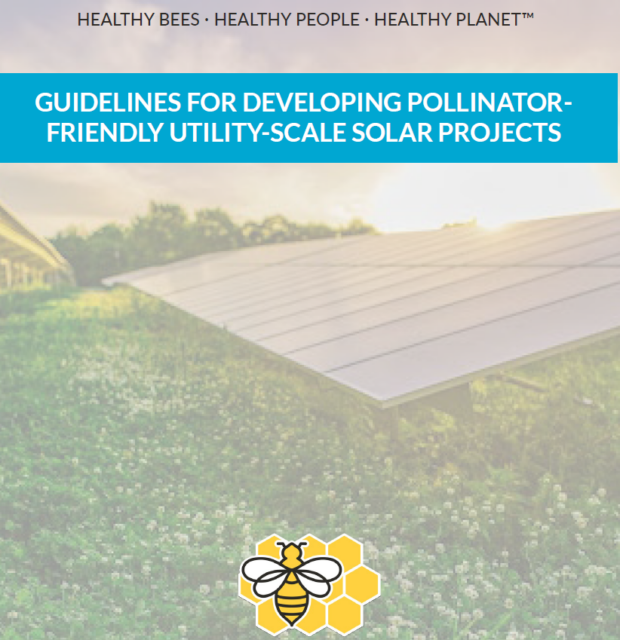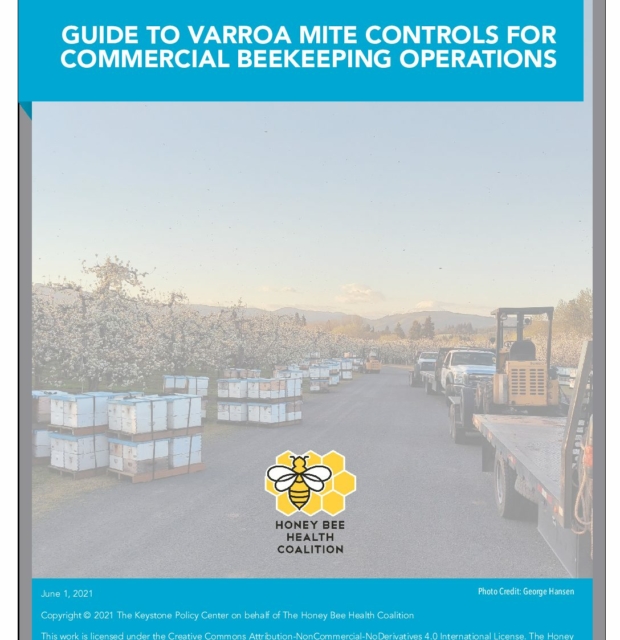News
Honey Bee Health Coalition Unveils First Ever Set of Tools, Resources to Help Soybean Growers Support Pollinators, Reduce Pesticide Exposure
The Honey Bee Health Coalition unveiled today a series of tools and resources on best management practices for soybean growers — the first of its kind for soybeans — to support honey bee health and to help protect pollinators in and around soybean fields. An expert team of extension agents, agronomists, entomologists, beekeepers, soybean growers, and crop consultants developed the best management practices. They include strategies to identify potential impacts of soybean agricultural practices on bees at each stage of soybean production and suggest strategies to mitigate these impacts.
Pollinator habitat and the plants bees rely upon often border soy fields throughout North America. Soybeans can be an attractive source of pollen and nectar under certain circumstances.
“Honey bees and soybean farmers are both essential to modern agriculture. That’s why the United Soybean Board and the Honey Bee Health Coalition worked together to develop first-of-their-kind best management practices to improve the health of bees in and around soybean fields,” said Meagan Kaiser, Missouri farmer and United Soybean Board leader for sustainability initiatives.
Soybeans are the second most planted crop in the United States, and with fields covering more than 80 million acres.
“These lands and the land around soybeans are vital for honey bee and other native pollinator forage,” said Chris Hiatt, vice president of the American Honey Producers Association. “These best management practices will elevate this issue and lead to better communication and in-field practices that keep bees safer. Similarly, almond best management practices have been effective at protecting bees from incidental insecticide exposure during bloom while ensuring a productive crop.”
The Coalition, a diverse group of nearly 50 organizations working to improve the health of honey bees in general and specifically around production agriculture, announced the best management practices today at the Commodity Classic tradeshow.
“The Coalition is dedicated to finding new ways to foster collaboration among farmers, beekeepers, and other stakeholders working to support pollinator health,” said Julie Shapiro, the facilitator of the Honey Bee Health Coalition and a senior policy director at the Keystone Policy Center. “These best management practices are a step in the right direction to ensuring growers have access to the best bee-friendly resources, information, and strategies possible.”
These voluntary best management practices complement information already available to growers, including mandatory pesticide label instructions and advisory warnings

